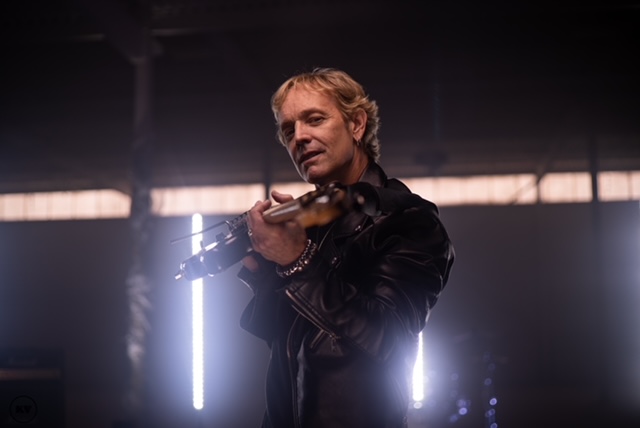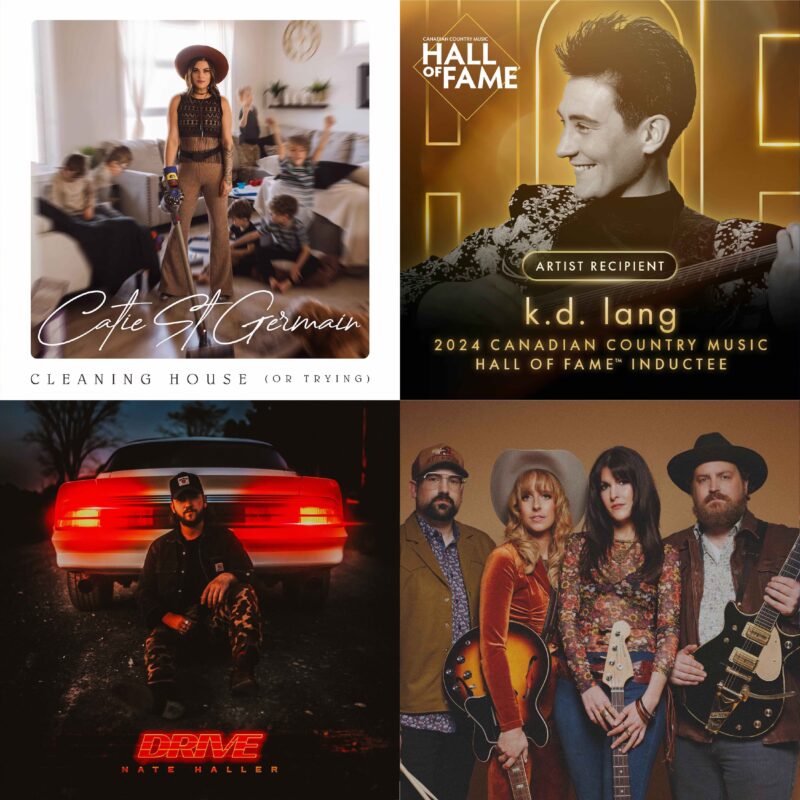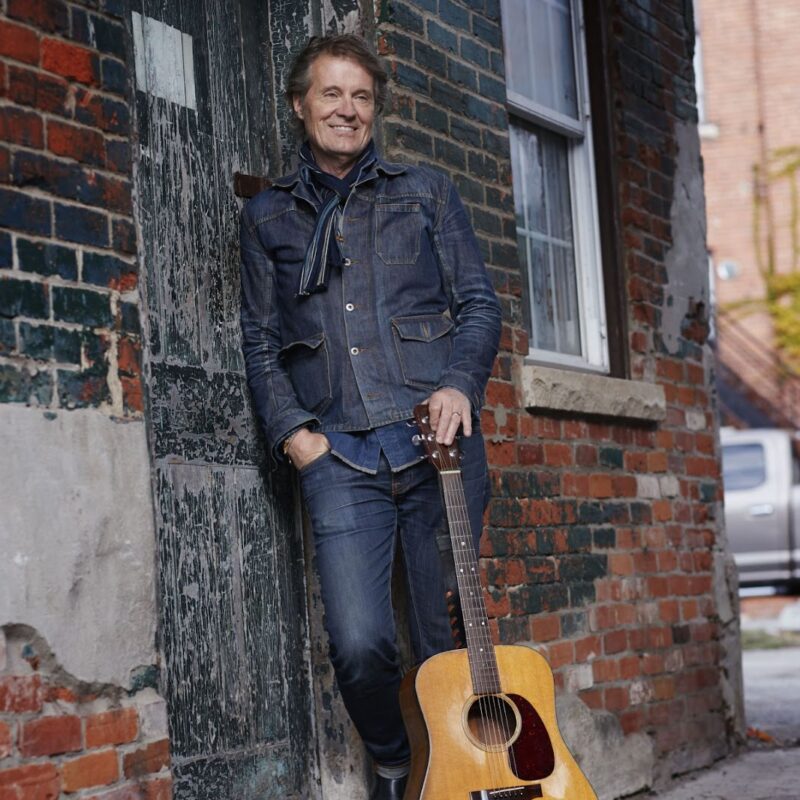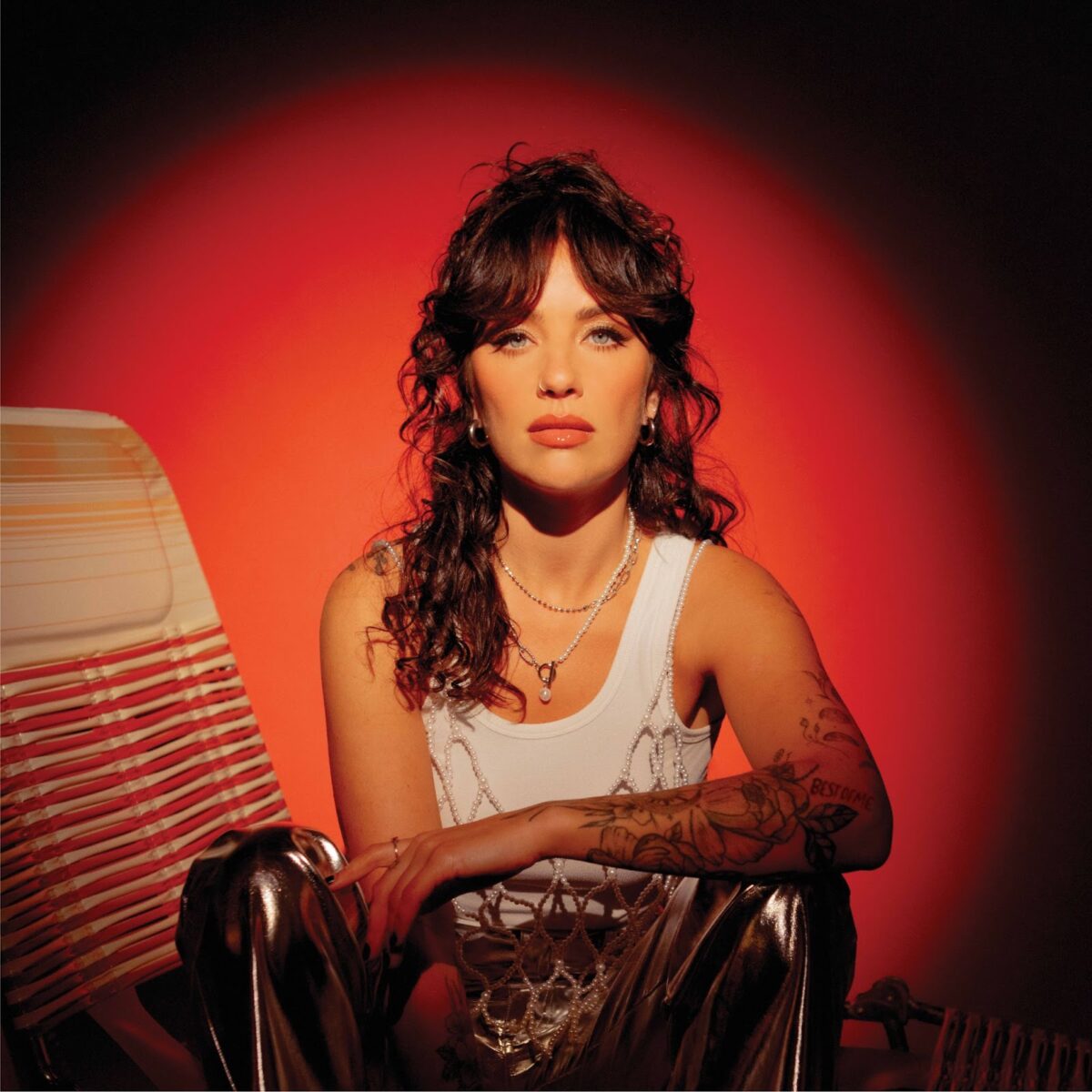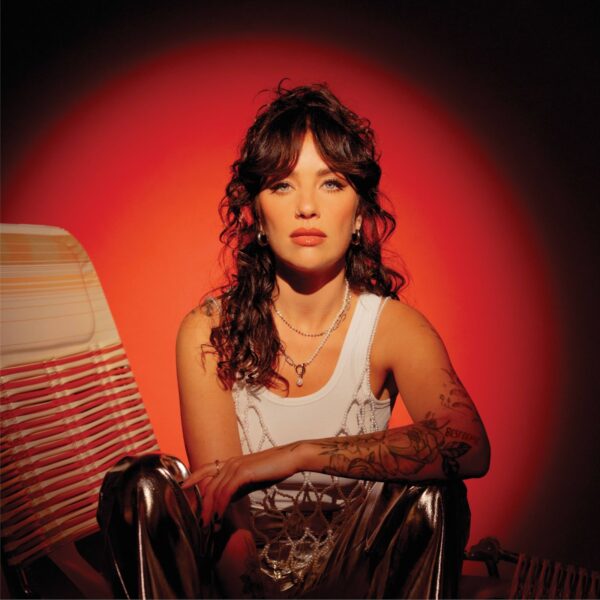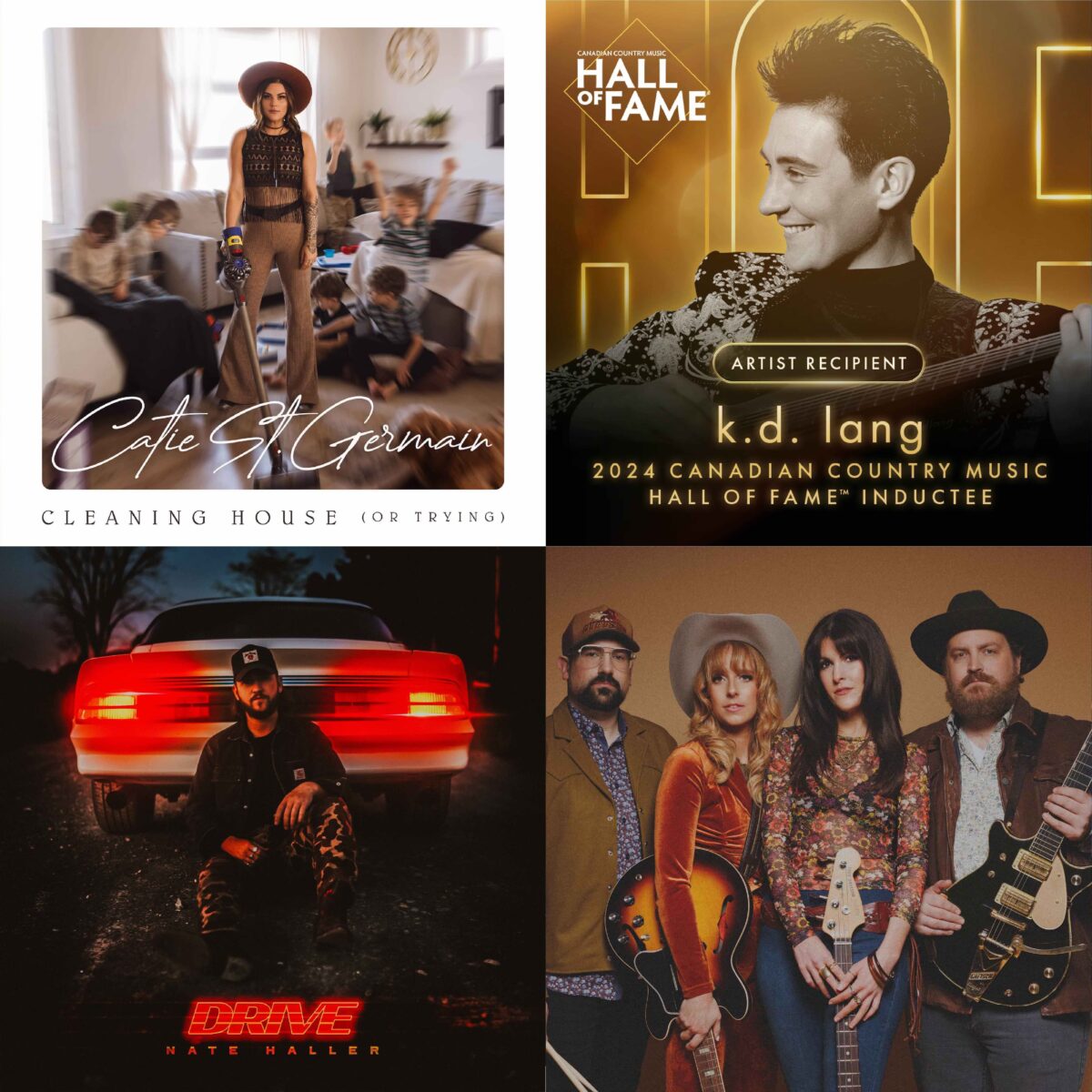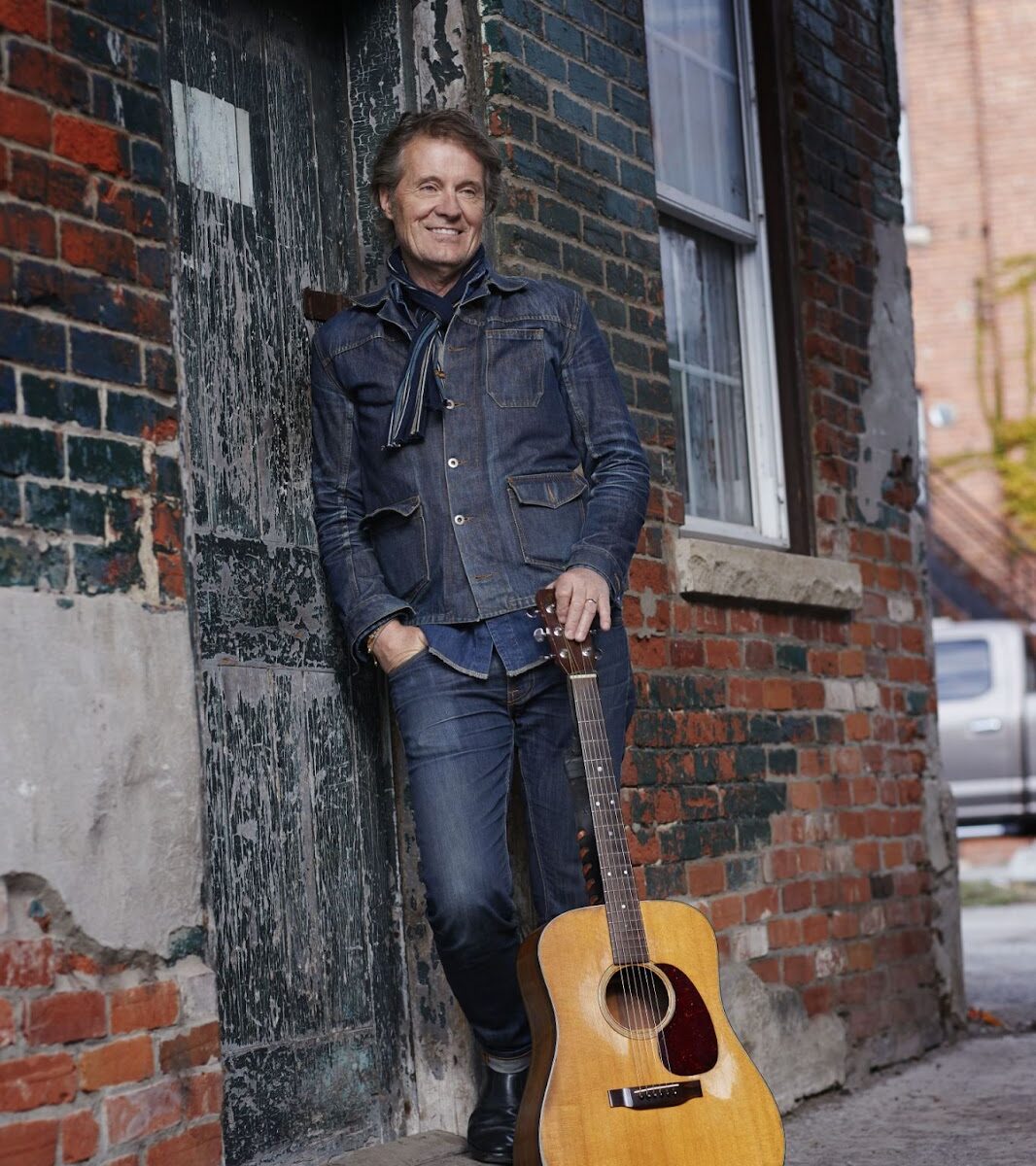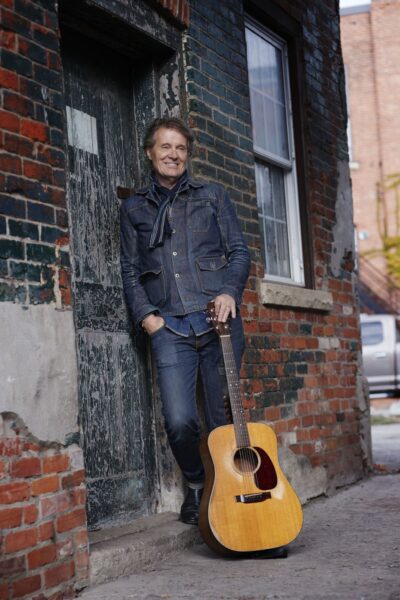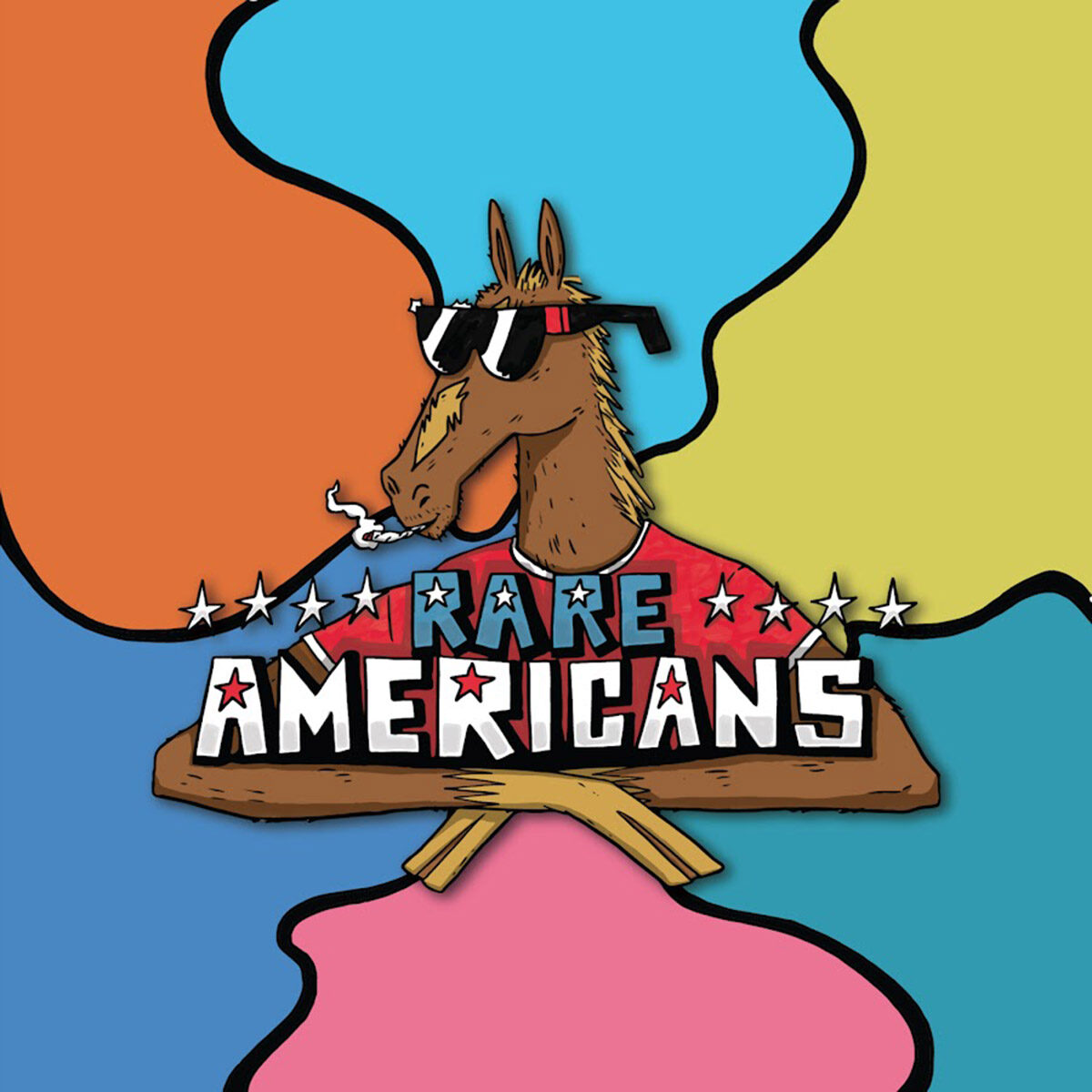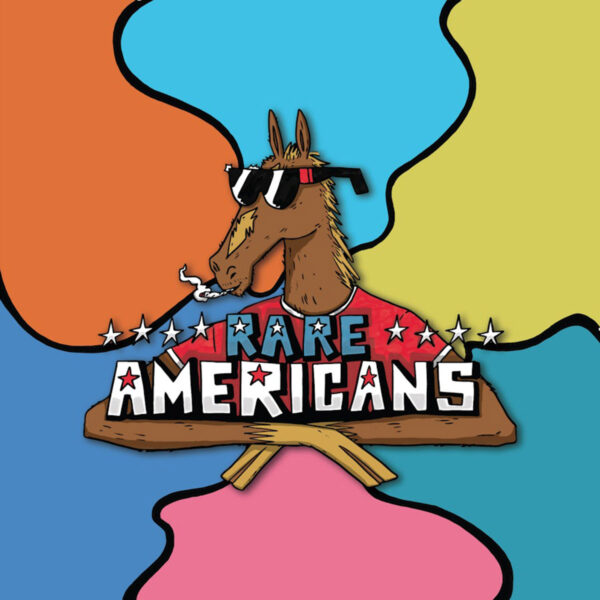Grey Eagle Casino, Calgary – Sept. 17, 2016

Old rockers don’t retire, they just keep on keepin’ on, rocking into their twilight years, with one eye on the stage and the other on the backstage door, hoping the Reaper doesn’t knock anytime soon. Rock has always challenged the norm and placed itself in the face of convention, but instead of the young rebels we now have the old iconoclasts thumbing their noses at the over-homogenized sounds of what passes for rock music on much of radio/streams these days.
Myles Goodwyn, artistic and spiritual heart of April Wine, brought his dyed-and-true sound to a crowd similar in age and ready to rebel in their moderately quiet way. The show, a fund raiser for The Canadian Legacy Project (http://www.canadianlegacy.org), a charitable organization “designed to support veterans and develop programs and events to help improve their everyday lives” was close to a sellout with only a few seats vacant.
Goodwyn (lead vocals and guitars) along with mainstay Brian Greenway (lead vocals and guitars), and relative new faces Richard Lanthier (bass and vocals), and Roy ‘Nip’ Nichol (drums and vocals) engaged the crowd with a Wine sound full of energy and bravado. The band, a mainstay of Canadian commercial radio and hockey arenas through the 70s and into the 80s, played the deep well of material without pretense or excuse. Many bands from that period who returns to performing often fall victim to the big stage show trap, but April Wine are smarter than that, probably because the songs are so strong and have survived the test of time.
Goodwyn, principal songwriter for the band’s history, has hundreds of songs to build a set list, but chose mostly rockers for tonight’s show, perhaps in consideration of the vets who rocked in a wholly different manner. Opening with “You Could Have Been a Lady,” a Hot Chocolate cover that April Wine made their own back in 1972. Followed soon after by “Weeping Willow” with its strong dynamics and rhythm. Sung by Nichol, the song maintained a connection with another time, but still sounded fresh with growling guitars and atmospheric spaces between the chords.

The high altitude and dry air may have had a detrimental effect on Goodwyn’s voice, which sounded a little hoarse and raspy, but he sang with grit and determination, something younger rock singers could well learn from; full of emotion and dynamic changes that can raise the hair on the back of your neck—one does not need to be screaming all the time to show power.
“Just Between You and Me,” the softest song of the night still held a rocker’s heart. Goodwyn’s songs were always strong on melody and in the ballads, his romantic aspirations played center stage, but always rose above the syrupy mire that rock ballads fell into during the 90s.
With all members providing backing vocals, the band’s sound was vibrant with Goodwyn’s and Greenway’s alternating solos precise, but not clinical, full of rawness and texture. Whether they use effects boxes to add to the timbres, or not, their sound was full-bodied—pure analog heaven.

“21st Century Man,” that King Crimson adventure that many say heralded the dawn of progressive rock, has been a mainstay of the April Wine’s shows for many years. The suite, since one couldn’t really label it a song, offered the band to stretch their chops through an improvisational travelogue and heavy rhythms that excited the crowd and reminded one of the days when musicianship was held in high regard by record labels and radio stations. After the song Goodwyn drolly noted with a slight chuckle, “couldn’t help but notice no one was dancing there…”
They rounded out the night with “I Like to Rock,” “Sign of the Gypsy Queen” and “Roller” with Goodwyn adding another dry comment as he flicked his guitar’s toggle switch on and off, “Don’t do this at home, it’s really hard on the guitar.” One could barely see his wry smile.
Before the show ender “Oowatanite,” he calmly stated, “We like to play, we like to rock,” and that they did for the thrill of the crowd, and it was all right.
Brian Stanko with photo’s by Charles Hope

